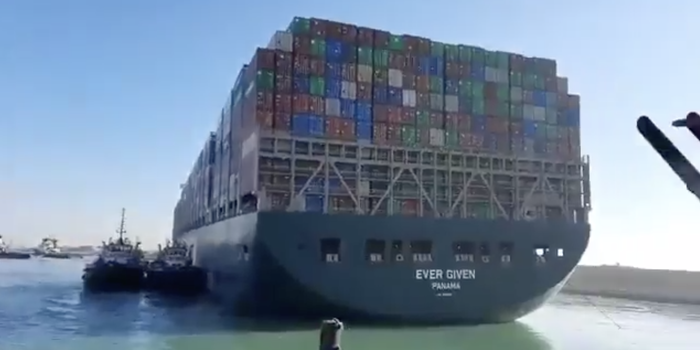
One quick lesson that Joe Biden's infrastructure plan can learn from China?
Unleash the power of capitalism to make worthwhile investments more attractive to local governments:
bloomberg.com/opinion/articl…
Unleash the power of capitalism to make worthwhile investments more attractive to local governments:
bloomberg.com/opinion/articl…
A quirk of America's infrastructure set-up is that it's unusually difficult for government planners to *invest* in improving their region's infrastructure.
Instead they have to treat it almost as a charity project.
Instead they have to treat it almost as a charity project.
That's because it's unusually difficult for them to capture the increase in land values that come when you build new infrastructure.
Beyond a few almost experimental projects and the very indirect benefits of property taxes, transport mostly has to pay for itself in user fees.
Beyond a few almost experimental projects and the very indirect benefits of property taxes, transport mostly has to pay for itself in user fees.

That's great if you're a property owner. If you own real estate near new infrastructure you get a huge financial windfall and you don't have to share any of it with the entity that paid for the infrastructure.
But that set-up is unusual globally, and even historically in the US.
But that set-up is unusual globally, and even historically in the US.
In Japan, many of the companies in the heavily privatized public transport sector are essentially property developers with transit arms.
They buy the land near or over new lines and use their real estate profits to subsidize transport that's run at cost:
They buy the land near or over new lines and use their real estate profits to subsidize transport that's run at cost:

New York's Grand Central Station largely paid for itself by developing real estate over the covered rail yards stretching 16 blocks up Park Avenue.
London's Crossrail and Sydney's Metro project are using the same trick.
London's Crossrail and Sydney's Metro project are using the same trick.

China is the brutally effective expert at this.
Local governments first use their muscle to get control of land from owners with weak property rights — this is the source of those "nail house" photos you may have seen, showing the few who've tried to hold out.
Local governments first use their muscle to get control of land from owners with weak property rights — this is the source of those "nail house" photos you may have seen, showing the few who've tried to hold out.

They then build infrastructure to upgrade the value of the land and sell it at huge markups to property developers. Such land sales made up 29% of consolidated government revenue in 2017, according to @Caijing: estate.caijing.com.cn/20190118/45561…
I'm not holding that out as any sort of ideal. It is built on plunder of private landowners and self-dealing by governments, while the economics are so compelling that China had IMO built *too much* infrastructure over the past decade:
bloomberg.com/opinion/articl…
bloomberg.com/opinion/articl…

That said, if you want to unleash a rapid and transformative infrastructure program, you should be looking for lessons from the country that did just that and invested 42 cents in every dollar of public capital invested over the decade through 2017: 

The other thing this would allow, as @trnsprtst explained to me, would be a more holistic approach to developing cities.
Because money is so tight and hard to recoup, governments end up reactively fixing congestion black spots etc rather than having a wider vision.
Because money is so tight and hard to recoup, governments end up reactively fixing congestion black spots etc rather than having a wider vision.
What's the point of developing a new neighbourhood and improving amenity in a comprehensive way if you can't capture any of the financial benefit?
I think that helps explain the sort if incoherence that @mattyglesias points out in regard to the LA Metro: slowboring.com
I think that helps explain the sort if incoherence that @mattyglesias points out in regard to the LA Metro: slowboring.com

It's just one of many aspects of this problem, but I think a more joined-up approach that allowed governments to capture more of the land value uplift would be beneficial to the U.S., long after the current infrastructure bill is forgotten. (ends)
bloomberg.com/opinion/articl…
bloomberg.com/opinion/articl…
• • •
Missing some Tweet in this thread? You can try to
force a refresh











